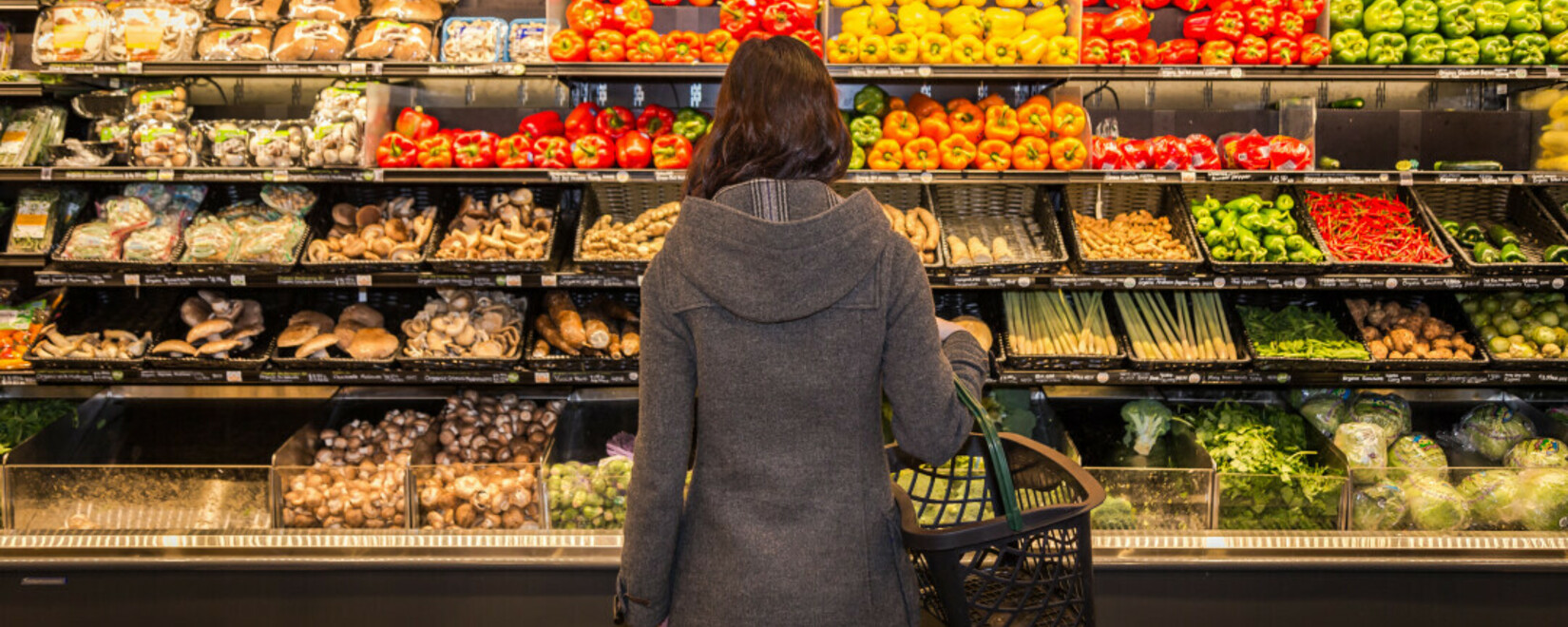The largest food suppliers intend to revise purchase prices for some goods and have already notified retail chains about this. This includes coffee, tea, spices, canned food, pasta, as well as baked goods and fish. Depending on the category, the increase will be from 5 to 20%. Rusprodsoyuz reported this to Izvestia. The Association of Retail Trade Companies said that chains are trying to curb the rise in prices of products.
New life, new prices
Manufacturers and food suppliers insist on revising purchase prices by a maximum of 15–20%. We are talking about a wide range of goods, the cost of which has changed due to currency fluctuations. Also impacted by the difficulties faced by businesses in the context of the spread of coronavirus. To ensure that prices did not increase sharply, but gradually, manufacturers suggested that retail chains raise them in two stages - at different times.
The most significant increase is proposed for canned products, coffee, tea and cocoa - by 20%. The fact is that these goods are mainly imported into the Russian Federation and their price abroad has already increased in proportion to the dollar exchange rate. By March 30, it had risen by almost 30% against the ruble.
Currency fluctuations also affected the cost of domestic products, as the price of packaging and other components increased. In particular, manufacturers propose to increase the purchase price of pasta by 5–15%. Suppliers are also confident that it is necessary to reconsider the price of bread and other goods in the production of which flour and grain are used. The cost of these products is primarily affected by the transport costs of companies, which doubled by the end of March, emphasized Dmitry Vostrikov, executive director of Rusprodsoyuz.
Vice-President of the Russian Grain Union Alexander Korbut told Izvestia that the cost of bread has increased by a maximum of 5-7%. In his opinion, this happened due to the fact that grain transportation has become more expensive; its price on the stock exchange has not yet changed.
According to Alexander Korbut, retail chains have already announced that they will refuse markups on socially significant goods, which include bread. According to him, retailers usually add about 25% to the prices of producers of bread products. If companies refuse to do this, customers may not notice any changes.
Endangered species
The Fishing Union told Izvestia that the cost of goods made from imported raw materials depends as much as possible on currency fluctuations. This includes almost 50% of all fish products on the market. The situation is further complicated by the fact that enterprises have increased the costs of measures to combat coronavirus: the costs of disinfecting production facilities and territories, and ensuring safe working conditions for employees have increased significantly. In addition, the union added, prices for containers and packaging materials, as well as for various ingredients necessary for the production of fish products, have increased on the domestic market. For example, for flour, butter, starch and so on.
The Fishing Union is confident that retail chains will be forced to increase selling prices in stores, since they have already increased at suppliers.
“Replacing imported products with domestic fish is not so easy: firstly, not all types of fish popular with consumers are caught in the Russian Federation, and secondly, prices for Russian products are tied to the world market and are set in the same currency,” the organization emphasized. — If there are no imports on the market, the cost of other goods will rise.
The president of wine importer Simple, Maxim Kashirin, told Izvestia that the company notified its partners and retail chains at the end of March about a price increase of 13–18%. According to him, this is due to both an increase in production costs due to currency fluctuations and problems with transport. Logistics companies are not always ready to travel to those countries where the situation with coronavirus is most acute. Maxim Kashirin emphasized that the price increase will occur gradually: in some channels the changes are broadcast automatically, in others negotiations are still underway. HoReCa (supplies to catering establishments) is on pause for obvious reasons, he added.
Dmitry Vostrikov noted that the negotiation process among manufacturers and suppliers who are members of the association is also not completed.
Contain at all costs
Press secretary of the Association of Retail Trade Companies (AKORT) Ilya Vlasenko told Izvestia that each chain works with its own list of partners on the basis of commercial agreements. This part of the company's activities is not public.
“Chains receive a large number of notifications from suppliers about price changes; as a result of negotiations on some goods, retail manages to achieve insignificant growth or its complete absence,” he said.
According to an ACORT representative, the basis for decision-making is the validity of the request, for example, an increase in fuel prices or the exchange rate. To contain price levels, the largest retailers also came up with an initiative to sell socially significant goods with a zero markup, for example
he thought.
Chairman of the Board of the Russian Association of Retail Market Experts Andrei Karpov told Izvestia that chains, as a rule, are forced to raise prices for products if all suppliers declare such intentions, that is, we are really talking about new market conditions. In this case, the process will also be influenced by the relationship between supply and demand.
The press service of the Ministry of Industry and Trade told Izvestia that the department aggregates information from retail chains regarding applications from manufacturers and suppliers about planned price increases and transmits it to the FAS.
The press service of the Ministry of Agriculture told Izvestia that the situation on the food market is currently assessed as stable. At the same time, the prices of new supplies of imported products may be affected by the volatility of the Russian ruble.
The department added that the increase in prices for domestic food products declared by manufacturers and suppliers requires special attention from the FAS.
The FAS press service was unable to provide a comment at the time of publication.

 Trading platform
Trading platform 
 Monitoring
Monitoring  Express applications
Express applications 
 Fork Work
Fork Work 
 Service
Service  News
News  Directory
Directory 
